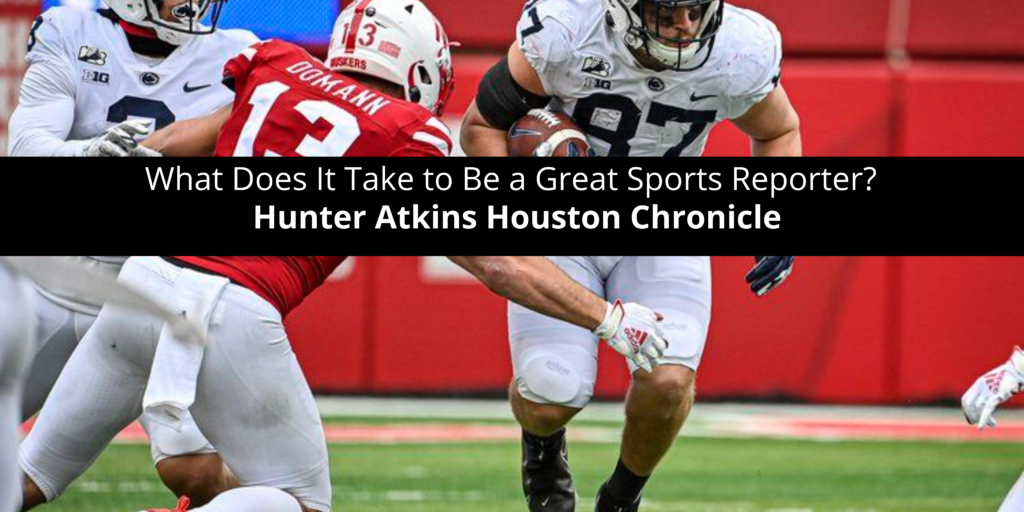What is More Important For Sports – A Mind Or a Body?


Many athletes have a physical capacity that they have shown to perform very well in practice but “choke” when it comes time for the competition. This can be a difficult situation for coaches, parents and teachers to deal with. It is important for them to understand that these changes in performance are not physiologically driven. They are a result of psychological control and mindset. Sports have a large impact on children’s lives and are important in helping them develop physical fitness, skills, and self-confidence.
Physical fitness
They also help young people develop social connections and a sense of teamwork. Historically, physical fitness was defined as the capacity of one’s heart blood vessels lungs and muscles to function at optimal efficiency. This definition has changed over time as sedentary lifestyles have become commonplace.
Exercise and physical activity improve muscle strength, bone density, flexibility and stability. It also helps reduce your risk for heart disease, type 2 diabetes, some cancers and other health problems.
It improves mental health, reduces the risk of depression, lowers blood pressure and cholesterol levels and helps maintain a healthy weight.
Mental fitness
Mental fitness is the ability to regulate your thoughts, feelings and behaviours. In a way that enables you to flourish in your sport and in your life. It includes self-confidence, goal-setting skills, a sense of responsibility and a work ethic, among many other aspects.
Mentally fit people are willing to reflect on their mistakes. And successes with the goal of learning, improving and developing greater self-awareness. They also have a healthy attitude towards failure and know that their self-worth. Is not tied to athletic success on the court.
It has long been observed that a healthy mind in a healthy body is a strong determinant of well-being and physical performance. A wide variety of studies has investigated this relationship.
Emotional fitness
We know that the body is important for sports, but the mind is just as crucial. The mind is where our emotions reside, and it’s what helps us manage stress and anxiety.
Emotional fitness, like physical fitness, is an ongoing process. It’s a set of skills that we can practice and that will help. Us cope with life’s challenges in the most effective way.
Strong emotional fitness allows us to see challenges coming ahead, mentally prepare for them and handle spontaneous obstacles more effectively. This ability improves our stress management, helps us be more resilient and makes us better leaders. They also understand their own triggers and biases and continuously check in with themselves.
Social fitness
Sports are a great way to keep our bodies fit, but it’s also important to have healthy relationships. Research suggests that people who are connected to other individuals. ave greater longevity than those who lack social connections.
This can be achieved by ensuring that you’re surrounded by people who share your values and beliefs. You can also enact practices to foster positive social relationships. Such as being kind and demonstrating empathy.
Another benefit of a regular exercise routine is that it helps you to adapt more readily to new environments. And new people. This is especially true for older adults who may struggle to adjust to their environment. To interact with other members of the community.
Investing time and energy into developing your social skills is essential to fostering healthy, meaningful relationships. These include nurturing positivity and embracing empathy, compassion, and active listening.
